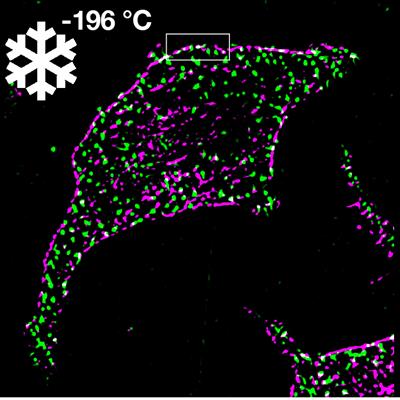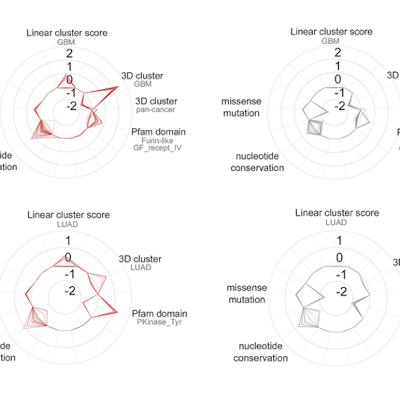July 6, 2022 -- Chemists at the Massachusetts Institute of Technology (MIT) have revealed how the epidermal growth factor receptor (EGFR) changes its shape when it binds to its target and how those changes trigger cells to grow and proliferate. Their insights into EGFR could help researchers design new cancer drugs that target this protein.
EGFR, which is found on most types of mammalian epithelial cells, is one of many receptors that help control cell growth. Some types of cancer, particularly lung cancer and glioblastoma, overexpress the EGFR leading to uncontrolled growth.
Learning more about the mechanism of how EGFR responds to different ligands, molecules that bind to other (usually larger) molecules, could help to design drugs less likely to lead to resistance, according to the MIT researchers.
"Thinking about more general mechanisms to target EGFR is an exciting new direction and gives you a new avenue to think about possible therapies that may not evolve resistance as easily," said Gabriela Schlau-Cohen, PhD, an associate professor of chemistry at MIT.
Copyright © 2022 scienceboard.net










